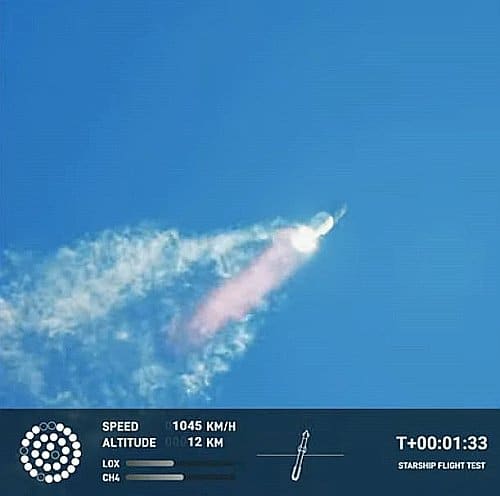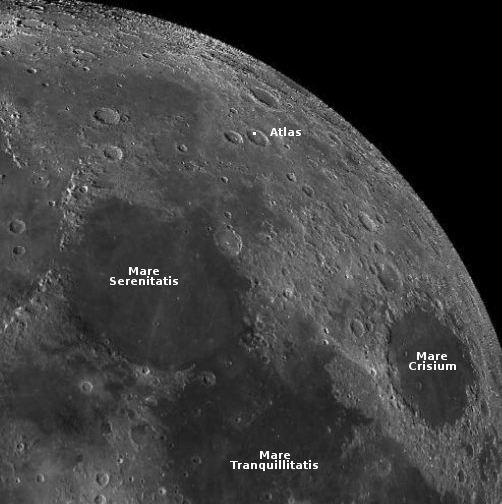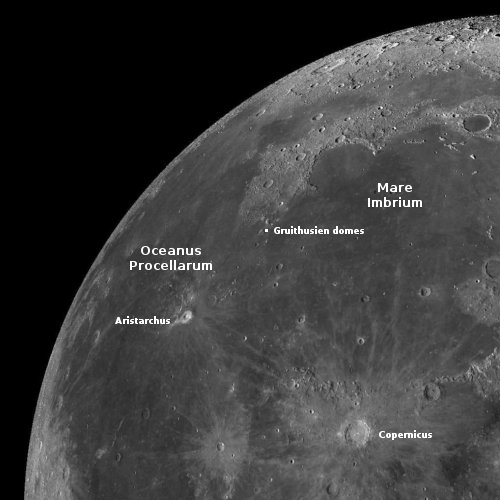Irish startup lobbies for Irish spaceport
According to an official from the startup SUAS Aerospace, Ireland is an ideal location for the creation of a new spaceport.
Mr O’Halloran, who is now vice chairman of Irish space company SUAS Aerospace, said space vehicles could be launched from Ireland for telecommunications, environmental monitoring, or medical experiments.
…He later told the Irish Examiner: “There are loads of companies in Europe that need to have a facility of a launch pad, or a spaceport, and by and large they are all heading towards the Azores. The UK is now starting to set up spaceports, but they are now outside the EU. Ireland is ideal as a launching site.”
This Irish company’s focus, according to its website, is “…to build a leading European Space Port providing flexible commercial satellite launch facilities with provision for engine and rocket testing.” And it wants to do it in Ireland. O’Halloran’s speech was an effort to gin up both private and government support for the project, including a commitment of the Irish government to provide it the land it needs for such a site.
There are already three spaceports under development within the EU, in Spain, Norway, and Sweden, all of which at the moment are for suborbital rockets exclusively. Ireland’s location could make it a better choice for orbital launches, as it has many more options for flight paths over the Atlantic without crossing land.
According to an official from the startup SUAS Aerospace, Ireland is an ideal location for the creation of a new spaceport.
Mr O’Halloran, who is now vice chairman of Irish space company SUAS Aerospace, said space vehicles could be launched from Ireland for telecommunications, environmental monitoring, or medical experiments.
…He later told the Irish Examiner: “There are loads of companies in Europe that need to have a facility of a launch pad, or a spaceport, and by and large they are all heading towards the Azores. The UK is now starting to set up spaceports, but they are now outside the EU. Ireland is ideal as a launching site.”
This Irish company’s focus, according to its website, is “…to build a leading European Space Port providing flexible commercial satellite launch facilities with provision for engine and rocket testing.” And it wants to do it in Ireland. O’Halloran’s speech was an effort to gin up both private and government support for the project, including a commitment of the Irish government to provide it the land it needs for such a site.
There are already three spaceports under development within the EU, in Spain, Norway, and Sweden, all of which at the moment are for suborbital rockets exclusively. Ireland’s location could make it a better choice for orbital launches, as it has many more options for flight paths over the Atlantic without crossing land.





